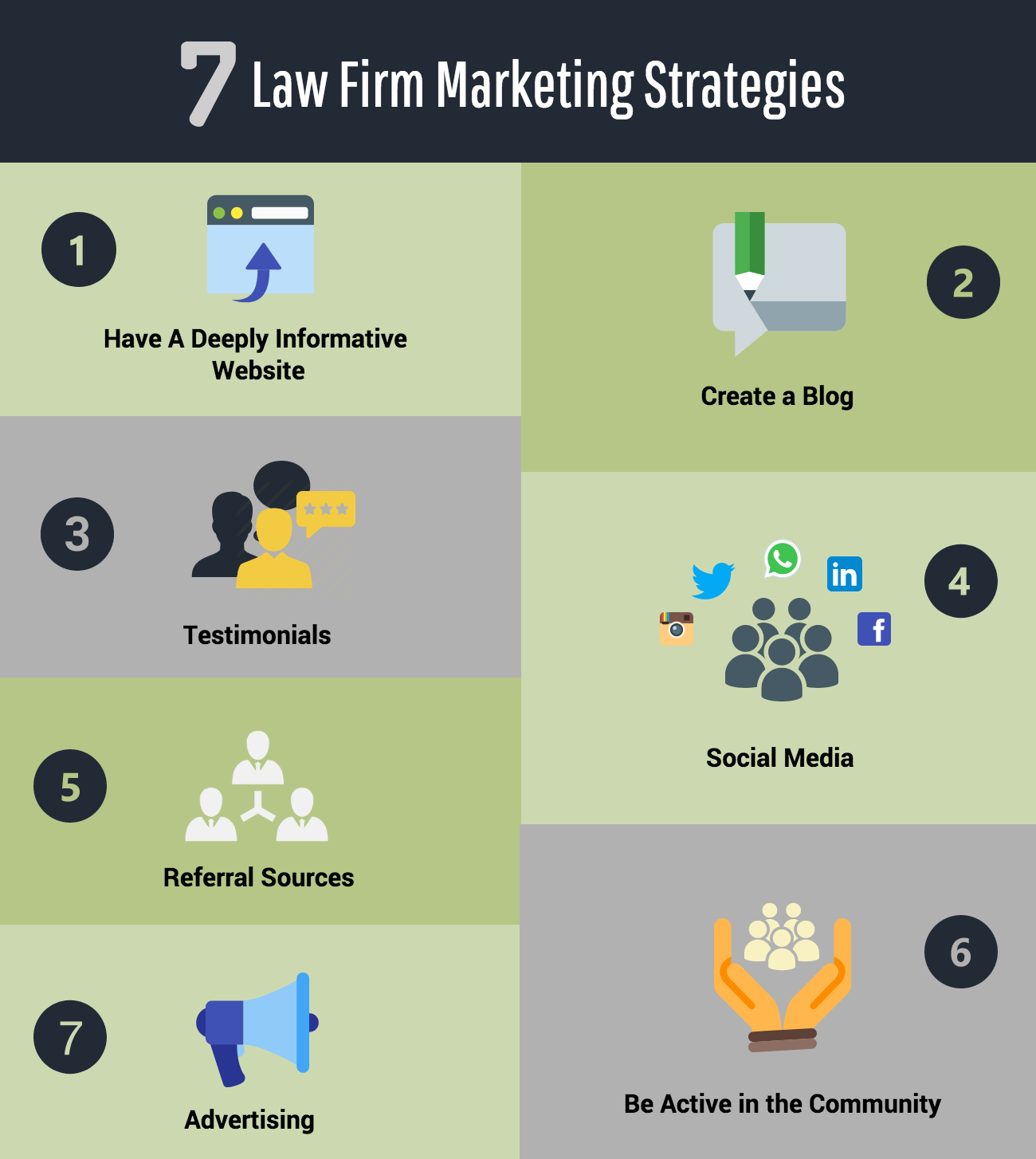
Understanding Not-for-Profit Corporation Law Essentials
Navigating Not-for-Profit Corporation Law:
In the realm of business law, not-for-profit corporations hold a unique position. Understanding the essentials of not-for-profit corporation law is crucial for individuals and organizations seeking to establish and operate in this sector. From formation to governance and taxation, navigating the legal landscape of not-for-profit corporations requires a comprehensive understanding of the relevant laws and regulations.
Formation and Registration:
The process of forming a not-for-profit corporation involves several legal steps, starting with the creation of articles of incorporation. These documents outline the purpose, structure, and operations of the organization. Once the articles are drafted and filed with the appropriate state authorities, the organization must obtain tax-exempt status from the Internal Revenue Service (IRS) to qualify for federal tax benefits.
Governance and Compliance:
Not-for-profit corporations are governed by a board of directors responsible for overseeing the organization’s activities and ensuring compliance with applicable laws and regulations. Board members have fiduciary duties to act in the best interests of the organization and its beneficiaries. Compliance with state and federal laws, including reporting requirements and adherence to ethical standards, is essential for maintaining the organization’s legal status and reputation.
Tax Exemption and Reporting:
One of the primary benefits of operating as a not-for-profit corporation is tax exemption status. However, obtaining and maintaining this status requires strict compliance with IRS regulations. Not-for-profit organizations must file annual informational tax returns, such as Form 990, to report their financial activities and demonstrate continued eligibility for tax-exempt status. Failure to comply with reporting requirements can result in penalties and loss of tax-exempt status.
Fundraising and Solicitation:
Fundraising is a critical aspect of not-for-profit operations, but it is subject to strict legal regulations. Not-for-profit corporations must adhere to state and federal laws governing charitable solicitations, including registration requirements and disclosure obligations. Additionally, organizations must ensure transparency in their fundraising activities and use of donated funds to maintain public trust and compliance with legal standards.
Conflict of Interest and Ethical Standards:
Maintaining integrity and ethical conduct is essential for not-for-profit corporations. Board members and key personnel must avoid conflicts of interest and act with honesty, transparency, and accountability in all organizational matters. Implementing comprehensive conflict of interest policies and ethical guidelines helps mitigate risks and ensures the organization’s mission is prioritized above personal interests.
Liability and Risk Management:
While not-for-profit corporations are generally shielded from liability, certain circumstances may expose the organization to legal risks. Understanding the limitations of liability protection and implementing risk management strategies are crucial for safeguarding the organization’s assets and reputation. Insurance coverage, contractual agreements, and prudent decision-making can help mitigate potential legal liabilities.
Dissolution and Asset Distribution:
In the event that a not-for-profit corporation decides to dissolve, proper procedures must be followed to wind down its affairs and distribute remaining assets. State laws dictate the dissolution process, which typically involves notifying creditors, liquidating assets, and distributing funds to designated beneficiaries or charitable organizations. Compliance with legal requirements ensures a smooth and lawful dissolution process.
Continued Education and Compliance:
Staying informed about developments in not-for-profit corporation law is essential for organizational leaders and stakeholders. Continuous education and training on legal requirements, governance best practices, and emerging issues in the sector help ensure ongoing compliance and effectiveness in fulfilling the organization’s mission. Engaging legal counsel and seeking professional guidance when needed can provide invaluable support in navigating complex legal matters.
Conclusion:
Understanding the essentials of not-for-profit corporation law is essential for individuals and organizations operating in this sector. From formation and governance to tax exemption and compliance, navigating the legal landscape of not-for-profit corporations requires diligence, adherence to ethical standards, and a commitment to serving the organization’s mission and beneficiaries. By staying informed, proactive, and engaged, not-for-profit organizations can fulfill their legal obligations and make a positive impact in their communities. Read more about not for profit corporation law










